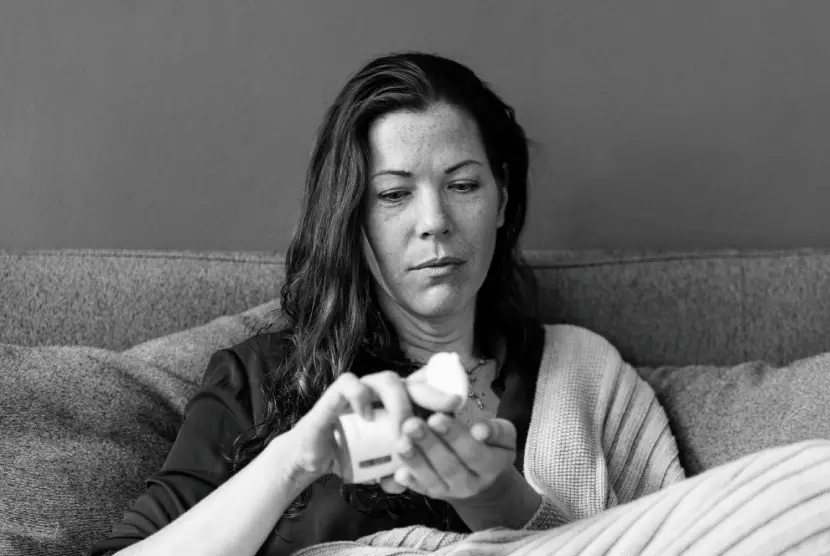FDA Approves FoundationOne CDx for OJEMDA Therapy in pLGG Patients
Foundation Medicine has achieved a significant milestone with the FDA approval of FoundationOne CDx as a companion diagnostic for Day One Biopharmaceuticals’ OJEMDA. This breakthrough targets relapsed or refractory pediatric low-grade glioma (pLGG) patients aged six months and older with specific BRAF alterations. As the first and only companion diagnostic for OJEMDA, FoundationOne CDx marks a pivotal advancement in precision medicine for pediatric brain tumors.
pLGG, the most prevalent pediatric brain tumor, often involves BRAF alterations in up to 75% of cases. Prior to this development, no FDA-approved treatments specifically targeted tumors with BRAF fusions, which account for 80% of BRAF-altered patients. This approval addresses a critical unmet need in pediatric oncology.
Dr. Mia Levy, Chief Medical Officer at Foundation Medicine, emphasized the company’s commitment to connecting pediatric patients with targeted treatment options. The tissue-based companion diagnostic test offers a comprehensive genomic profile of the patient’s tumor, enabling healthcare providers to make informed treatment decisions.
Foundation Medicine’s expertise in pediatric central nervous system tumors is evident, having sequenced over 2,200 such cases. The company stands out as the sole provider of FDA-approved comprehensive genomic profiling tests for both tissue and blood samples. FoundationOne CDx analyzes more than 300 cancer-related genes from a tissue sample, solidifying Foundation Medicine’s position as a global leader in companion diagnostics.
The approval of this companion diagnostic brings hope to pediatric pLGG patients who have historically faced severe side effects from aggressive treatments like chemotherapy and radiation. David Arons, CEO of the National Brain Tumor Society, expressed enthusiasm for the new treatment options and the FDA-approved companion diagnostic test, which will help identify more patients who may benefit from Day One’s therapy.
Commentary by SuppBase columnist Alice Winters:

The FDA approval of FoundationOne CDx as a companion diagnostic for OJEMDA marks a significant leap forward in the treatment of pediatric low-grade gliomas. This development showcases the power of precision medicine and its potential to revolutionize cancer treatment, particularly for vulnerable populations like children.
The importance of this approval cannot be overstated. pLGG, while considered a low-grade tumor, can have devastating effects on a child’s development and quality of life. Traditional treatments, such as chemotherapy and radiation, often come with severe side effects that can impact a child’s long-term health and development. By enabling targeted therapy through precise genomic profiling, FoundationOne CDx offers a more tailored approach that may reduce these adverse effects while potentially improving treatment outcomes.
Foundation Medicine’s achievement in becoming the first and only companion diagnostic for OJEMDA underscores the company’s commitment to innovation in oncology. Their comprehensive genomic profiling capabilities, covering over 300 cancer-related genes, provide an unprecedented level of insight into tumor biology. This depth of analysis is crucial for identifying patients who are most likely to benefit from targeted therapies like OJEMDA.
The fact that Foundation Medicine has sequenced over 2,200 pediatric central nervous system tumors demonstrates their dedication to advancing knowledge in this specific area of oncology. This extensive database not only aids in the development of companion diagnostics but also contributes to our overall understanding of pediatric brain tumors, potentially leading to future breakthroughs in treatment.
However, it’s important to note that while this approval is a significant step forward, it is not a panacea. The effectiveness of OJEMDA in combination with FoundationOne CDx will need to be closely monitored in real-world settings. Long-term studies will be crucial to fully understand the impact of this targeted approach on patient outcomes and quality of life.
Moreover, accessibility and cost considerations must be addressed to ensure that this advanced diagnostic tool and subsequent targeted therapy are available to all eligible patients, regardless of their socioeconomic status. Healthcare systems and insurance providers will need to adapt to incorporate these precision medicine approaches into standard care protocols.
In conclusion, the approval of FoundationOne CDx as a companion diagnostic for OJEMDA represents a pivotal moment in pediatric oncology. It exemplifies the potential of personalized medicine to transform cancer treatment, offering hope for more effective and less toxic therapies for children with pLGG. As we move forward, continued research, vigilant monitoring of outcomes, and efforts to ensure equitable access will be essential to fully realize the promise of this groundbreaking approach.



